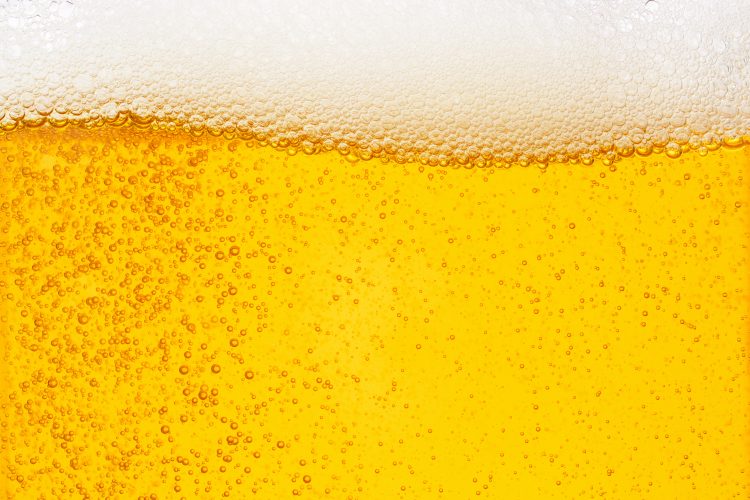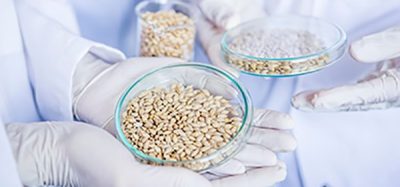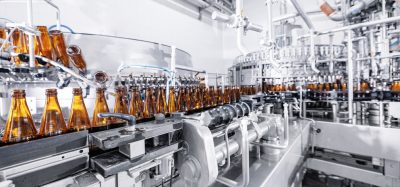BeerBots could speed up the brewing process, researchers claim
- Like
- Digg
- Del
- Tumblr
- VKontakte
- Buffer
- Love This
- Odnoklassniki
- Meneame
- Blogger
- Amazon
- Yahoo Mail
- Gmail
- AOL
- Newsvine
- HackerNews
- Evernote
- MySpace
- Mail.ru
- Viadeo
- Line
- Comments
- Yummly
- SMS
- Viber
- Telegram
- Subscribe
- Skype
- Facebook Messenger
- Kakao
- LiveJournal
- Yammer
- Edgar
- Fintel
- Mix
- Instapaper
- Copy Link
Posted: 27 April 2023 | Grace Galler | No comments yet
Researchers have claimed that the beer brewing process can be sped up through the use of beer-making mini robots.


With funding form the Grant Agency of the Czech Republic, researchers have found that they can speed up brewing processes with the use of beer-making mini-robots called “BeerBots.”
The BeerBots are made up of self-propelled, magnetic packages of yeast that the research team say can make the fermentation phase go faster and cut out the need to filter the beverage.
According to Homebrewit, beer typically takes between four to eight weeks to brew. However the research team wanted to develop a self-propelled bot to both make fermentation proceed more quickly and simplify the separation of yeast from the final beer.
Previously researchers have suggested that encapsulating the yeast in polymer capsules could lessen the chance of spoilage by speeding up the process. With this in mind teams made their two-mm-wide BeerBot capsules by combining active yeast, magnetic iron oxide nanoparticles and sodium alginate from algae and dripping the mixture into a ferric chloride solution. Then they made one side of the spheres porous by exposing that half to an alkaline solution in an electrochemical cell.
Can The Craft Beer Co win a legal trade mark battle against M&S?
The research team reported that the yeast-containing beads could ferment sugar and produce carbon dioxide bubbles that propelled them upward. What’s more, they explained that when the beads got to the surface, they released carbon dioxide into the air, and then sank again, resulting in a bobbing motion.
When used to ferment malted barley wort, the team found that the self-propelled BeerBots transformed sugars faster than free yeast cells. As the sugar was used up and fermentation ceased, the yeast-containing capsules sank to the bottom of the flask. The researchers said that this “made it easy” to separate the yeast from the final product with a magnet, rather than with a filtration step that’s currently required to remove free yeast cells.
What’s more, the researchers have claimed that the collected BeerBots were active for up to three more wort fermentation cycles.
While this research could turn heads in the beverage industry, many companies use brewing methods that have been refined throughout generations. Only time will tell if Beerbots have the power to make their way into breweries across the world.
Related topics
Beverages, Product Development, Quality analysis & quality control (QA/QC), Research & development








